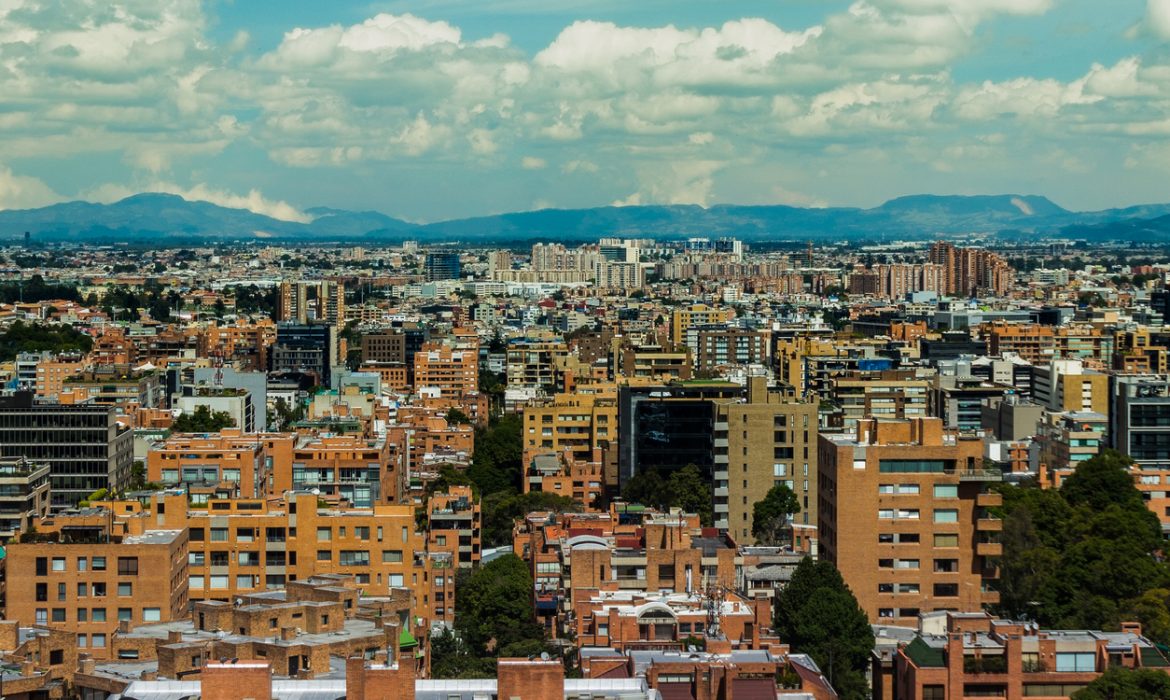Colombia will extend its coronavirus quarantine until May 11, President Ivan Duque said last monday, but will allow construction and manufacturing to reopen.
Nearly 200 people have died of COVID-19 in the Andean country, which has almost 4,000 confirmed cases of the respiratory disease.
It is the second time Colombia’s quarantine has been extended. The lockdown began late last month and had been set to end April 27.
“We have taken the decision to extend this obligatory preventative quarantine initially until May 11 but also giving space for other sectors to participate with protocols and responsibility,” Duque said in a television broadcast.
“The construction sector – with very specific protocols – can start its work and the industrial manufacturing sector, which is important not just to attend to many things related to COVID-19 but also to attend to the needs of citizens, can also operate,” he said.
The government may allow other sectors to eventually return to work, Duque said, but will take measures if coronavirus cases increase or the health system becomes overwhelmed.
The lockdown has taken a sharp toll on Colombia’s economy, which is now set to contract by up to 2% this year, according to government predictions.
The central bank has taken repeated liquidity measures, while business leaders have said that despite billions in social aid and credit guarantees, mass layoffs and bankruptcies could be on the horizon.
International and national flights will remain suspended until the end of May, Duque said, as will inter-municipal transport. Public transport will operate at a maximum of 35% capacity and companies should allow as many people as possible to work from home, he said.
No large events will be allowed, bars and clubs will remain shut and restaurants must only provide delivery, Duque said. Universities, schools and daycares will also remain shut.
People over 70 are required to stay home until the end of May.
Sectors that will be allowed to reopen will receive details about safety regulations this week, Duque added.
In an effort to support the physical and mental health of Colombians, individual exercise will now be allowed, Duque said, while social programs meant to help poor Colombians will continue.
Residents in some neighborhoods in Bogota have repeatedly blocked roads in protest of lack of aid for their families, while others have begun to place red cloth in their windows as a symbol they are experiencing hunger.






